Bloomberg — History is repeating itself in Nigeria, where the more President Muhammadu Buhari is urged to devalue Nigeria’s naira, the more he is digging in his heels. Investors are beginning to surmise that politics — rather than economics — will determine the currency’s immediate future.
Even as growth slows, inflation rises and foreign investors flee, analysts in a Bloomberg survey are backing away from estimates a devaluation will take place before the third quarter. Buhari, 73, has made it clear that he, not the central bank, has the final say on currency policy — and that he is against taking that step, just as he was during his first stint in power in the 1980s. He is is loath to be seen by voters as capitulating to foreign investors and the International Monetary Fund, both vocal critics of his stance, according to New York-based Teneo Intelligence.
“Changing his position would make him seem like a spineless leader,” said Manji Cheto, an analyst at Teneo, a global advisory firm, who predicts there won’t be a change of currency policy until at least the second half of this year. “Buhari is seen as the man who will stand up to foreigners. He ran a campaign as a strongman, someone who would put Nigerian interests ahead of foreign ones.”
Central bank Governor Godwin Emefiele has pegged the naira’s official rate at 197-199 against the dollar since March 2015. Buhari has backed that policy since he became president in May, confounding analysts who thought he would have caved in by now and let the naira fall, as other oil exporters from Russia to Kazakhstan and Colombia have done with their currencies. Foreign-exchange trading restrictions and import curbs have led to shortages of goods from gasoline to milk and sent the naira plunging to 320 on the black market.
Advertisement
Buhari and Emefiele, who meet at least weekly, say that the naira is fairly valued on the official market and that letting it drop would only harm poor Nigerians by pushing up prices. That’s already happening, with inflation accelerating to an almost four-year high of 12.8 percent in March as manufacturers struggled to pay for imports. Growth slumped to 2.8 percent last year, the slowest pace in 17 years. It will slow further to 2.3 percent in 2016, according to the IMF, which called for a “speedy unwinding” of the currency controls to help revive growth.
It’s not the first time Buhari has resisted the IMF. When he last ruled Nigeria from 1983 to 1985, a time when, like today, oil prices had just crashed, he ignored advice to depreciate the naira and refused financial assistance from the Washington-based lender.
After Buhari was ousted in a coup amid a worsening financial crisis, his successor Ibrahim Babangida started an IMF-led structural adjustment program, which included a devaluation. It was the first of many that saw the currency’s value drop from roughly parity with the dollar to today’s rate of near 200. Politicians still say the IMF program failed the country.
Advertisement
“I’ve lived through several rounds of naira devaluation and I have seen very little benefit to the Nigerian economy and people,” Nasir el-Rufai, the 56-year-old governor of Kaduna, a northern state of about 7 million people and a senior figure in Buhari’s All Progressives Congress party, said in an interview in Lagos. “I supported each of them as a solution to the challenges we faced at the time. I regret that support because I have seen very clearly it brought nothing to Nigeria.”
‘Already Devalued’
For investors, such thinking makes little economic sense. Most businesses are already trading at the black-market rate since the central bank’s policies are choking off dollars in the official market, according to Exotix Partners LLP, a London-based investment bank focusing on frontier markets. PZ Cussons Plc, the Manchester, U.K.-based soap maker, said last week its Nigerian unit is forced to pay a 50-70 percent premium on the official rate to source foreign-exchange.
With foreign investors avoiding the country until there’s a devaluation, Nigeria’s local bonds are the only ones to have made losses this year among 31 emerging markets tracked by Bloomberg. Nigerian average yields have risen 161 basis points to 12.31 percent since the end of 2015, whereas Russia’s have fallen 26 basis points to 9.29 percent and Colombia’s 28 basis points to 7.77 percent.
Advertisement
Buhari “just doesn’t get it,” Kato Mukuru, the London-based head of equity research at Exotix Partners LLP, said in an interview. “When he was last in power in the ’80s he was also told to devalue the currency. He refused until he was sent out in a coup. Clearly he didn’t do the same economics as I did. There comes a point where you need to understand that the whole country has already devalued.”
6 comments
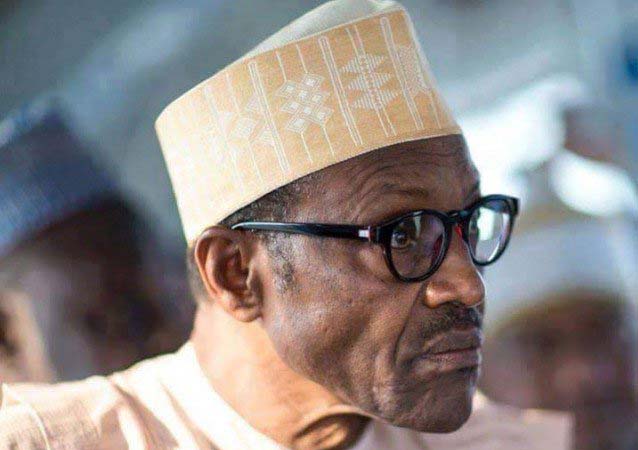
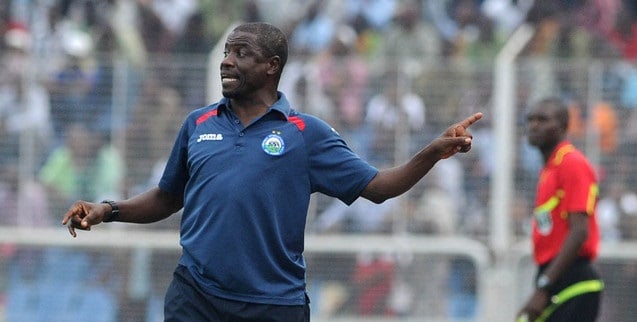
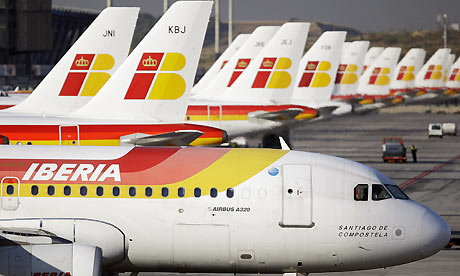
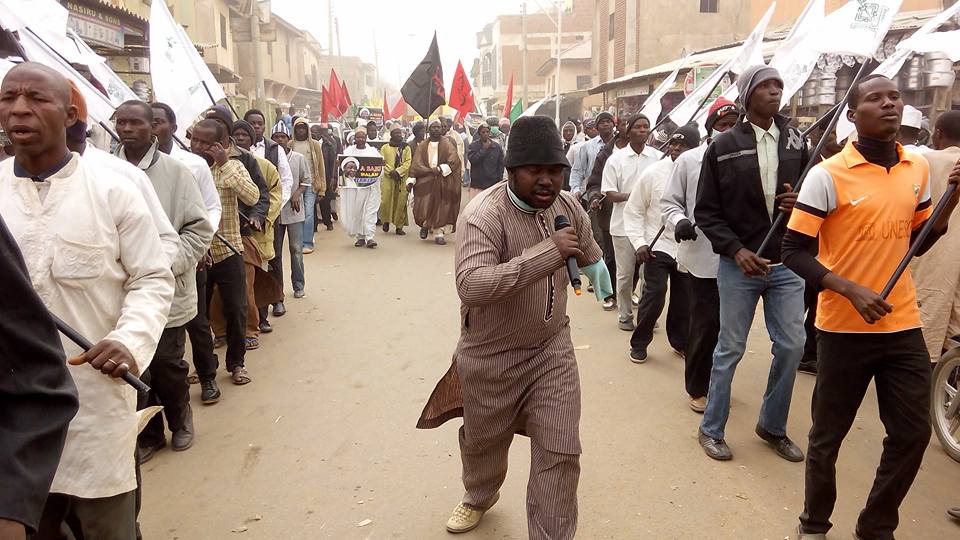
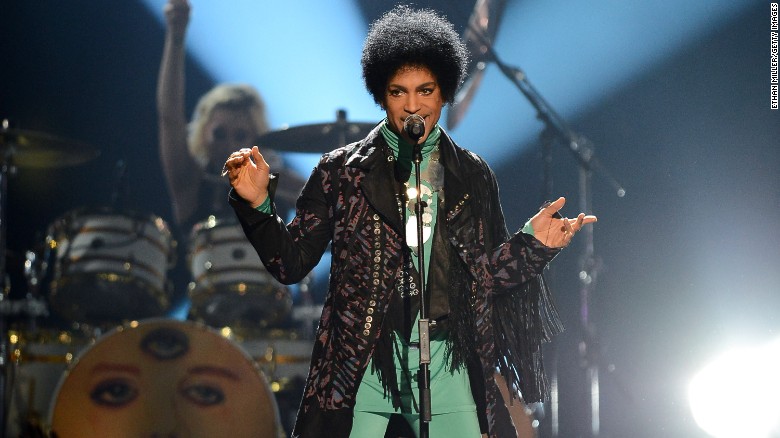
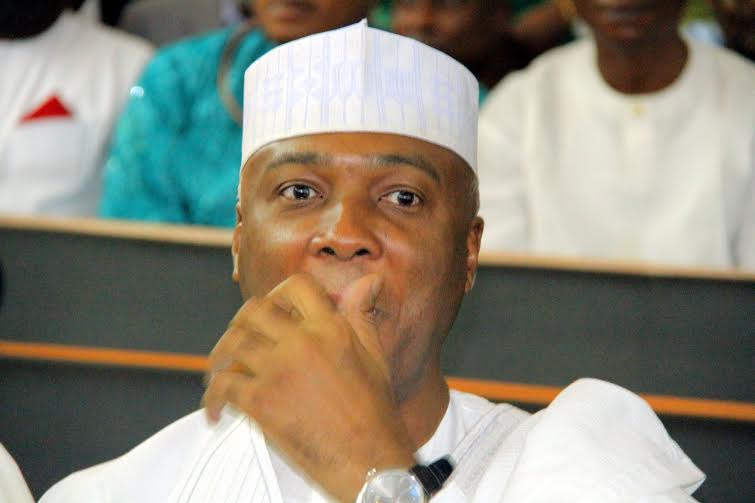
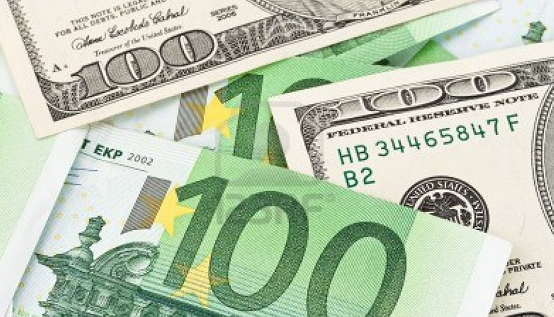
After the recent external economic shocks to the Nigerian economies —including the economic slowdown in China, decline in Oil and other commodity prices, and the likely continued U.S. Federal Reserve interest rate hikes —that have affected and will continue to affect growth trajectories in the Nigeria. With growth slowing across the country in 2016, the President and his Policymakers must take this opportunity to sit down to discuss and debate ideas with citizens, and enact economic policy reforms for both the short and long terms goals.
The question is not Buhari sitting down with Eme file and others to “discuss and debate ideas with citizens, and enact economic policy reforms for both the short and long terms goals.” My fear is that President Buhari does not possess the barest minimum prerequisite knowledge of economics to enable him participate. Quite readily he reverts to the default mode of command and control. I hate to imagine how this whole matter of (lack of) growth, currency value and restrictions and jobs is going to play out. Anyway you look at it, it doesn’t look good.
Who in your opinion possesses the ‘minimum prerequisite knowledge of economics’? Jonathan is a graduate of Zoology which is farther from economics. His mediocrity and incompetence put us in this situation. Nevertheless we have devalued the currency in the past without any of those benefits the IMF said we would gain. Why must we continue devaluing? It is such a shame that a country that was earning $140 per barrel, and ran its budget on average $80 per barrel for 5 years is within a year of price crash talking about devaluation. All this happened under a home grown president who claimed to have a PHD!
Rather simplistic to say Buhari lacks basic economic understanding, no leader the world over has a rounded knowledge of all the areas they have to deal with – that is the point of advisers. Some of the best economies from South Korea, Finland to China came about not from the dogmatic acceptance of the dictates of money grabbers like Bloomberg, IMF and Exotix who are only in it for the profit, countries grow from understanding their local challenges, culture and people and the application of fitting responses; there’s enough within Nigeria for it to come up with local solutions, our bane has been mindless corruption and consumption without commensurate production for decades – good thing this government’s action is reining that in. These noise makers with their hot money are in Nigeria for arbitrage and hardly ever for the long term or real and effective growth. They have been making this devaluation noise when crude oil sold for less than $30 a barrel, it will be stupid now to devalue the Naira when crude is selling for as high as $43 a barrel more than the budget benchmark of $38. Most of these experts are no more than chancers with little or absolutely no knowledge of where the land lies.
It is possible that what these organisations (IMF, Bloomberg etc) are suggesting about devaluing Naira might be true. However, my concern (and also my question) is why are they crying more than the bereft? What in it for them if the Naira is devalued knowing that it will worsen the already dire economic condition of an average Nigeria?
Everyday I hear their sermons, I become even more skeptical about their sincerity on this issue. You only hear them say “devalue”, “Borrow”, “Privatize” etc but you don’t hear words like “invest”, “leave within your means”, “export”. Why?!
The naira is already devalued. Everything we purchase is base on black market value, so whether GMB makes it official or not the naira is already devalued. Read a further analysis in my blog. aykeii.blogspot.com